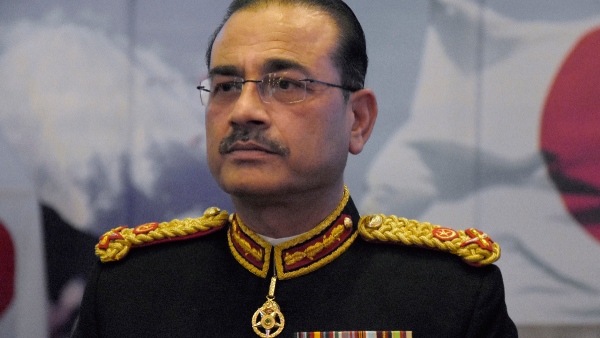A group of Pakistani-Americans recently held a protest in Washington DC. The demonstration took place outside the Four Seasons Hotel. It targeted Pakistan’s Chief of Army Staff, General Asim Munir. Protesters responded to claims later denied by US authorities that Munir had been invited to the US Army Day Parade.
Pakistan Tehreek-e-Insaf (PTI) shared details of the protest on the platform X. According to their post, demonstrators accused the military of undermining democracy. Many called for “civilian supremacy in Pakistan”. The protest included placards and slogans criticising General Munir and accusing him of human rights abuses.
Calls for civilian leadership and democratic reform
The protest came amid rising criticism of the military’s role in Pakistani politics. Opponents of Munir, including PTI supporters, have accused him of interfering in civilian affairs. They also claim he is targeting the PTI, the party led by former Prime Minister Imran Khan.
A video shared by PTI USA showed a slide labelling Munir as a “mass murderer”. Other slogans included “Democracy dies when guns speak” and “Movement for Democratic Pakistan”. The slide also showed Munir’s photo, crossed out in red. PTI described the protest as a reminder of past military actions. They used the hashtag #IslamabadMassacre.
Protesters challenge Munir and assert their right to demonstrate
Another video showed a protester shouting in Urdu. Hotel security asked him to move back. Footage also captured a convoy of black SUVs with flashing lights arriving at the venue. Protesters believed the vehicles carried officials.
The crowd chanted phrases like “Shame on you”, “Free Pakistan”, and “Civilian supremacy in Pakistan”. Some used strong language in English and Punjabi.
When security tried to move the protesters, they refused. One demonstrator said, “I have freedom, I’m on the pavement,” insisting they stood on public ground.
This protest reflects ongoing concerns about military influence in Pakistan’s politics. Both local voices and the diaspora continue to call for stronger civilian leadership and democratic governance.
